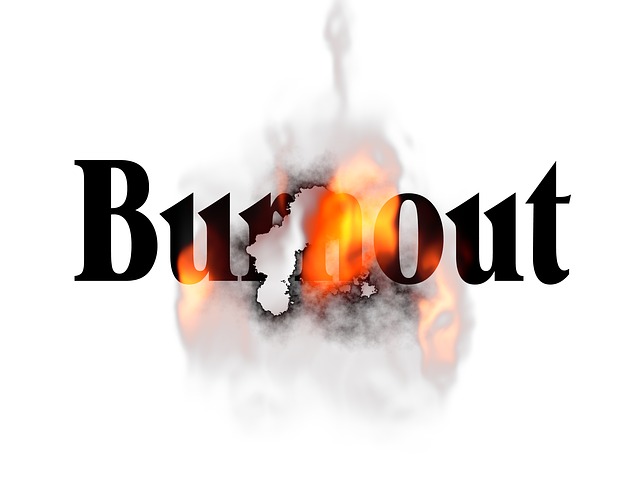
The Board’s (Almost Mandatory) Role in Form 990 Preparation
07.24.2024 | Linda J. Rosenthal, JD

Dr. Jemma King explains what’s “more concerning” to her than the sky-high levels of burnout reported by nonprofit leaders in a recent survey. It’s how many respondents indicated they’ve “felt like this for extended periods of time – many months on end.”
This research fellow from the University of Queensland School of Psychology sees time spent at or near burnout “… as analogous to deep-sea-diver protocols. We know when divers spend time at depth, it is a matter of science that they must spend a predetermined amount of time in a decompression chamber to avoid the bends…. “
In the particular survey referenced by Dr. King, “to better understand the pressures nonprofit organizations are under,” they asked 93 nonprofit leaders in Australia to “characterize their current stress level. The results were telling—88 percent of respondents self-identified as ‘in orange’ or ‘in red’ zones—indicating that they are approaching or experiencing burnout.” Only around “… 11 percent of leaders said they were in a [green] zone of creative calm—the ideal zone for productivity—or improved performance in response to stress.”
“[I]f we spend time in the orange or red zone,” Dr. King emphasizes, “we must spend time in the green zone to decompress, or we face the well-being equivalent of the bends.”
Dr. King is one of four distinguished co-authors of Supporting resilience and preventing burnout in nonprofits (April 11, 2023) Social Sector Insights, mckinsey.com.
It’s part of a major research initiative by global consulting firm, McKinsey & Co. and the McKinsey Health Institute. The focus is the special stresses of nonprofit organizations, particularly since the beginning of the pandemic, across 15 nations including the United States.
“While burnout affects workers in all sectors around the world, nonprofit organizations appear to be among those particularly vulnerable to it.”
That’s partly because the “… nonprofit sector attracts employees who want to make a difference in the world, who care deeply about others, and who want to create sustainable and inclusive growth. These are passionate and skilled workers who want to perform at their peak, feel as though their work is valued, and continue to serve their communities.”
This harks back to the observations of Dr. Herbert Freudenberger, whom we highlighted in Burnout: Nonprofits’ Five-Alarm Worry (July 30, 2023). He first coined the word “burnout” in the late 1970s as a result of his journey of self-psychoanalysis. His debilitating condition, he concluded, is one likely to afflict people like him: that is, a “high achiever” in a “helping profession.” Of course, Dr. Freudenberger’s personal history, dating back to his childhood during the Holocaust, was much more complicated and deeply traumatic than that of a person who merely chose psychology as a career path and who worked (self-imposed) long hours with profoundly scarred patients.
From among the available reference materials on nonprofit burnout, McKinsey’s recent publications stand out as particularly helpful. They take advantage of important (and developing) research, including psychological findings, on the causes and impact of burnout, and how it may best be addressed.
While some of these titles indicate research is from a locale outside the United States, McKinsey’s global focus supports confidence that the conclusions are broadly transferable. The latest articles, while building on earlier findings, are updated based on the newest (and developing) insights about “burnout.”
In reverse chronological order, these are well worth reading:
These writings, based on McKinsey’s “… emerging global research” on burnout, include a number of provocative findings as well as unexpected recommendations.
Some of the most popular interventions being used by nonprofit leaders may not be the best way to achieve success as quickly as possible. “Our emerging research,” say the McKinsey experts, “… suggests that employers are overlooking the role of the workplace in burnout and underinvesting in systemic solutions.”
– Linda J. Rosenthal, J.D., FPLG Information & Research Director
